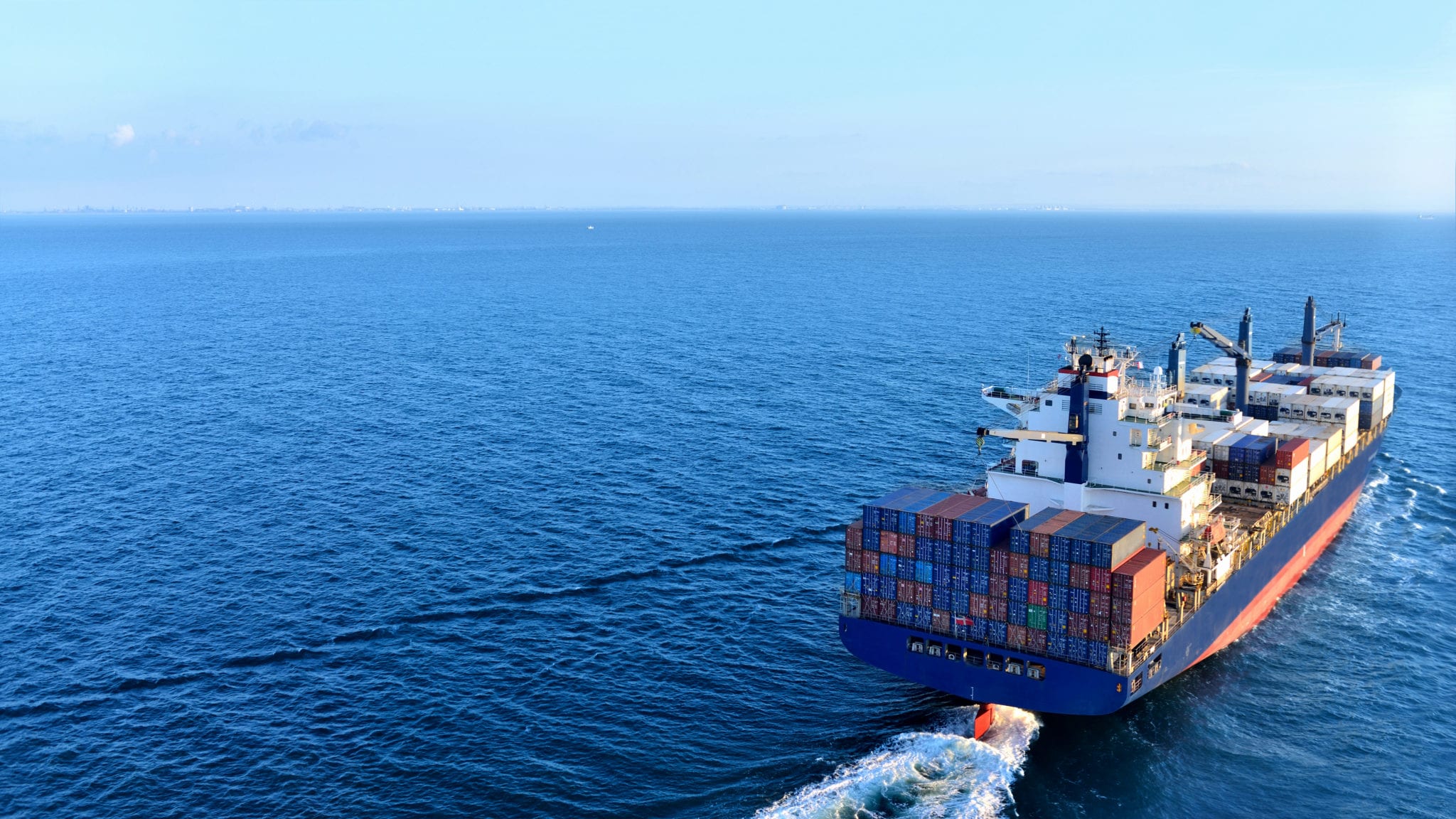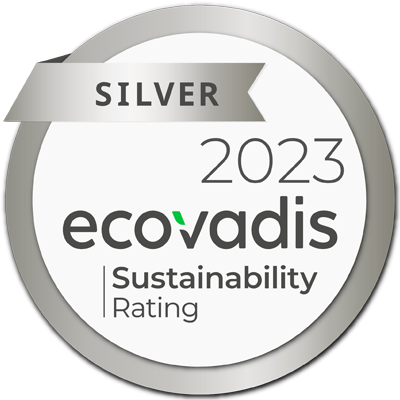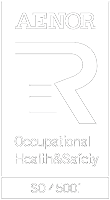There is an expression those in politics and business are fond of using when talking about significant shifts in strategy, and the things that prompt them.
The seas have always presented challenge and change to business and politicians working internationally. Change it seems is the one constant in maritime business, and that much-used phrase ‘sea change’ certainly describes new developments in one of the world’s biggest industries.
With clear signs that globalisation is slowing, new and better ways of working within the maritime and ports sector are becoming a bigger imperative.
An active cable innovator for well over two decades, Tratos develops specialist cables for maritime – from cables that manage harsh environments to reeling cables for moving applications in Ports. We do this best by working closely with our customers to find better, more environmentally friendly solutions to their challenges, and as a result we hope help drive better, cleaner performance.
As active member of the Port Equipment Manufacturers Association (PEMA) we are part of this expert stakeholder body mapping change as globalisation slows – largely because of market maturity.
So, while there is an uncertain climate for trade across the UK, Europe and in the US and the demand for container shipping has currently plateaued – it doesn’t mean that there is no work to do.
The rise of mega ships has put a strain on ports and resulted in environmental impact. All of the questions these shifts in patterns raise have to be answered, and quickly – and there is a feeling in the industry that a new era of investment is approaching as new trade agreements are forged and the shape of shipping changes beyond all recognition.
Change always makes ripples – sometimes it makes waves, big ones.
With the new breed of gargantuan ships comes a tide of change and challenges and we are working within the industry to find solutions to minimise the impact of these great ships, contributing to the progressive development of alternative maritime power (AMP) systems.
Supplying cables for use in AMP systems to minimise emissions from ships in port is one of these solutions where better ways of working are being found. A heritage of working with the delivery of clean, alternative power and manufacturing cables for wind farms and solar installations throughout Europe positions us for the next step.
Connecting ships in port to the electrical grid enables crew to power on board services, systems and equipment. As the ship’s power dependency is switched there are advantages – a reduction in noise and emissions. It’s in demand and the most effective means of reducing pollution from ships in port.
An increase in marine transportation – ships are getting bigger and more of these mega ships are on the way – invariably means greater air pollution unless workable solutions can be found. It is of paramount importance for port cities where residential communities sit alongside the fringes of the waterfront.
Port infrastructure must respond. Making available the electric installation necessary for ships’ supply has to be designed ahead of time to realise the benefits for a range of different ship types. It is complicated, one size doesn’t fit all – ships from different countries are equipped with different electric systems. To succeed the solution must cater for visiting ships and their estimated power demands.
Marine transportation plays a significant role in world transport. Some 90% of goods traded internationally is transported by sea.
Ships are important contributors to exhaust gas emissions and, consequently, pollution. It’s estimated that in the European Union the emission of NOx and SOx by ships will have exceeded the land based source emission by 2020. This prediction has taken the focus on cleaner marine energy in ports significantly higher up the agenda.
The responsibility for prevention of air pollution by ships in port and for enforcing the adoption of introduced solutions rests with port authorities and sea administration offices.
They may be subject to national policies on environmental protection which may differ significantly from those within the EU.
Shore power supply, apart from minimizing negative impact on the environment, has economic benefits. In short, it’s cheaper as well as better.
The time to unravel the problems of connections that don’t connect – and standardise for the benefit of all – is now and Tratos believes technology will find the answer if co-operation opens the door.
Electric incompatibility is the main obstacle, therefore supplying the vessel electric system by means of a land electric grid is relatively rare. And problems are not merely posed by the inability to provide the correct connection. As a ship switches power source there is a short black-out. There are obvious health and safety arguments to support keeping the power supply uninterrupted.
So, while there is pain, there is considerable gain if these sea changes can be not only accommodated but used to drive efficiencies and environmental benefit. Tratos is among the businesses within the sector that believe that there is no room for failure. It’s a stimulating and motivating thought for those in the industry charged with making the change – and one that will, ultimately, calm troubled waters and clear the air.










